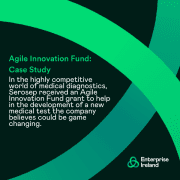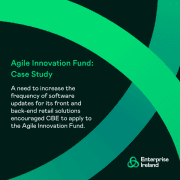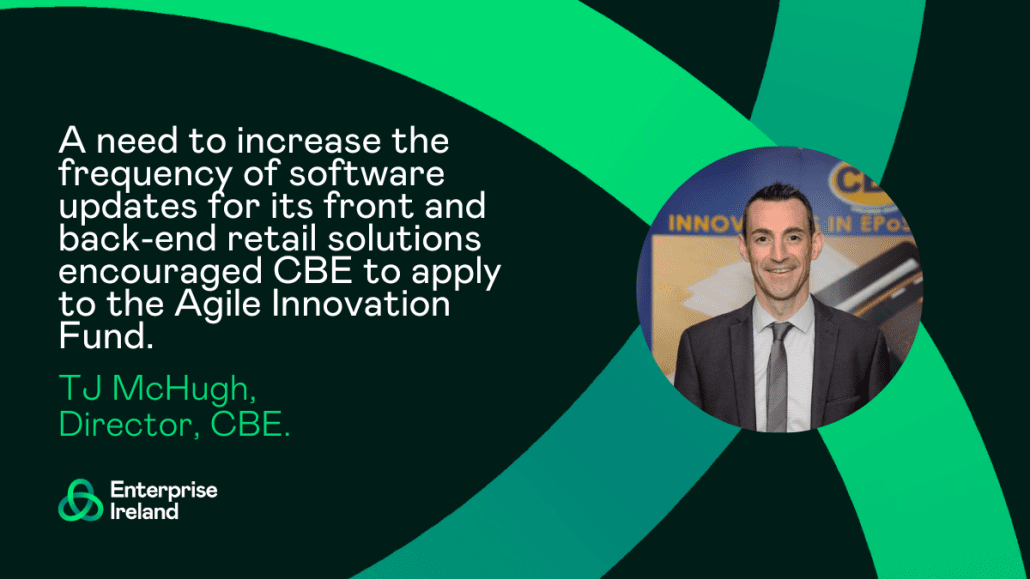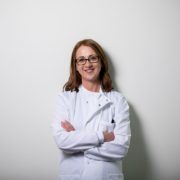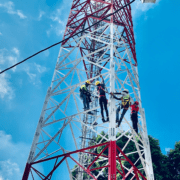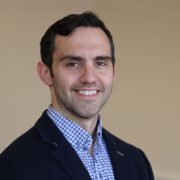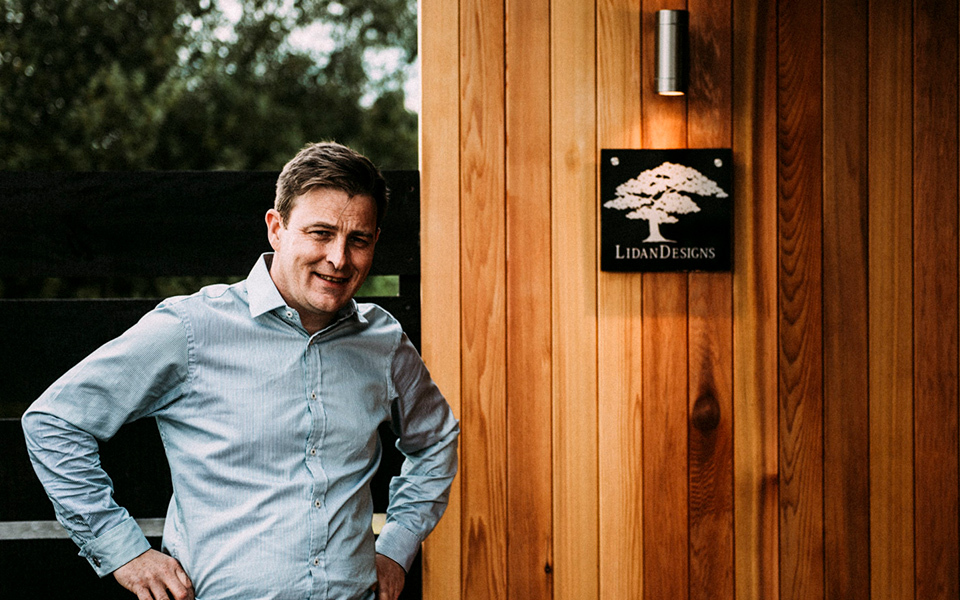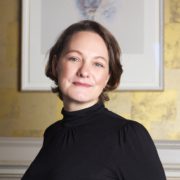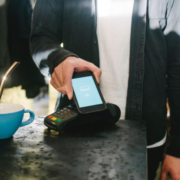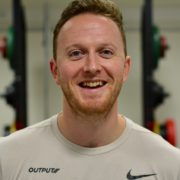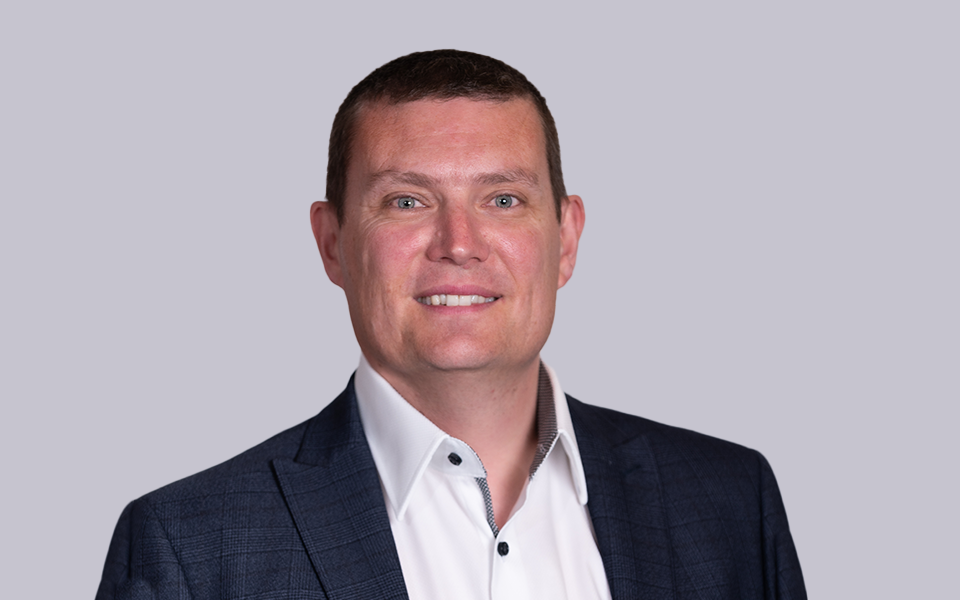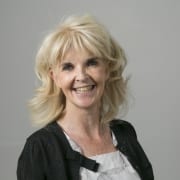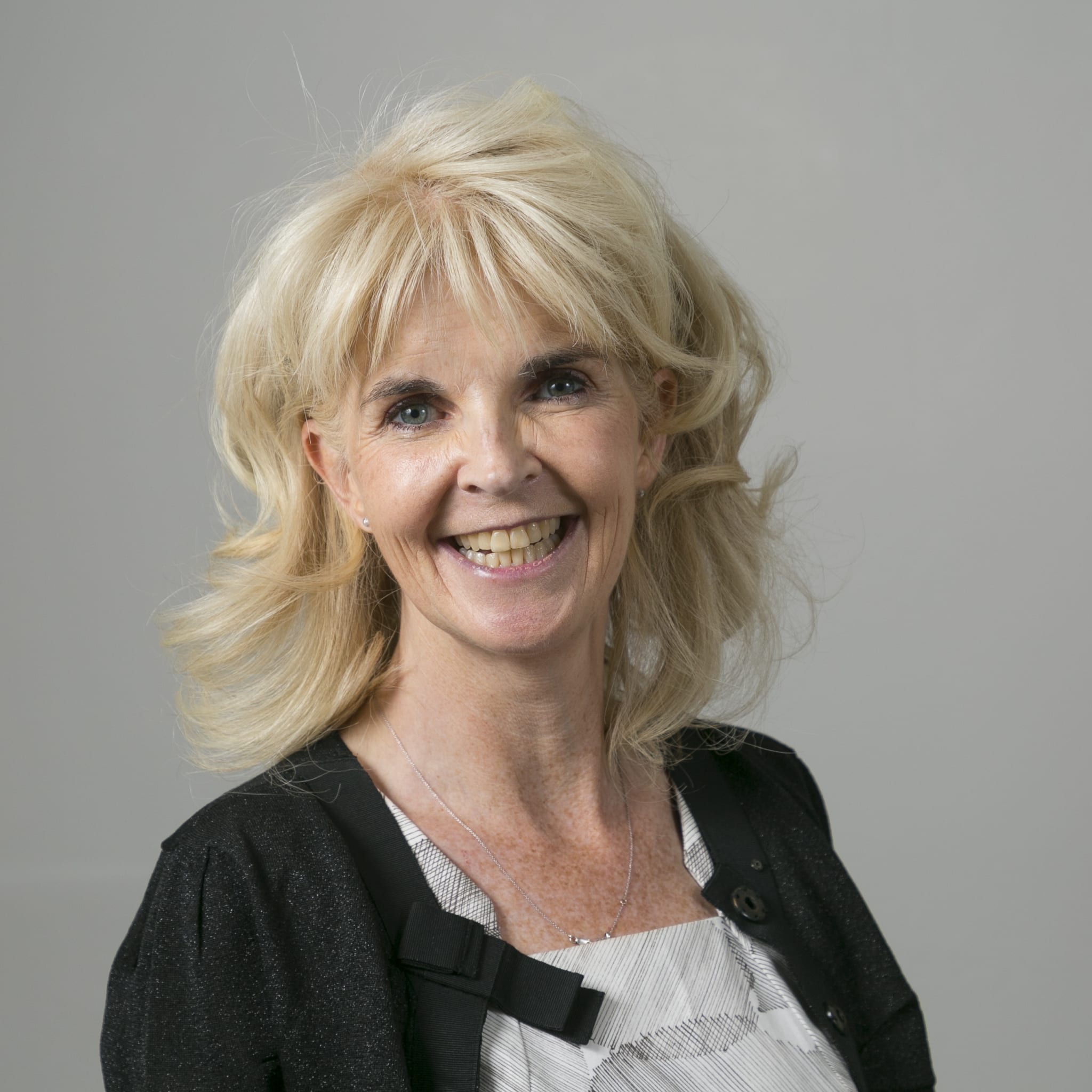Serosep’s mission to improve medical testing
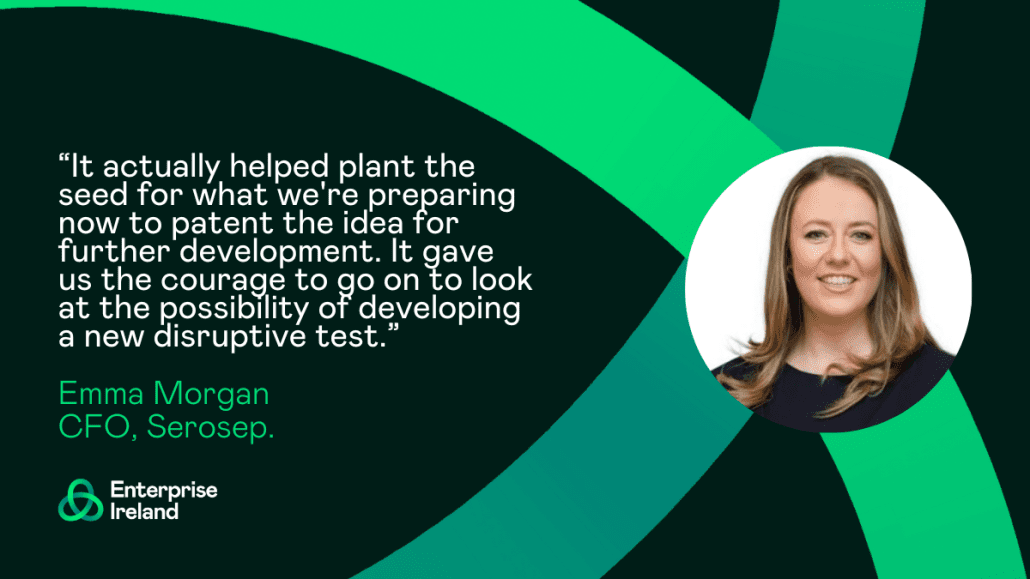
In the highly competitive world of medical diagnostics, Serosep received an Agile Innovation Fund grant to help in the development of a new medical test the company believes could be game-changing.
In the medical diagnostics industry, accuracy and reliability are essential to ensure optimal and appropriate patient management and care. The technology we are developing is aimed at replacing current standards of care methods to aid in the clinical diagnosis of an illness that affects millions of people each year. The current standard of care diagnostics lacks sensitivity and specificity and this diagnostic gap presents significant challenges for both the individual patient and the healthcare system as a whole and is a significant contributor to the overuse of antibiotics and antimicrobial resistance.
Limerick-based Serosep believes this new test may be a game changer in the market and received a grant from the Agile Innovation Fund to help drive the test’s development. The company’s new test has the potential to be faster and more accurate than what is used today.
Emma Morgan, Serosep’s Chief Financial Officer, says: “Currently, the gold standard is very old technology with inherent flaws, yet it is the best method still available today. Due to the shortcomings of the current standard of care diagnostics, patient care and management is sub-optimal with consequential impact on the healthcare industry in terms of repeat visits, progression to more serious illness, longer-term support and over prescribing”.
Providing the indicators
Serosep is deep into the process of developing the new test and preparing to apply for a patent. The Agile Fund was essential to get the project off the ground, as there were many unknowns before the company was able to start investigating. It would have been a risk beyond prudence for Serosep to fund the investigation process completely from its own resources. The Agile Funding gave Serosep the start it needed and provided the indicators that the company was on the right track and that the idea was both feasible and realistic.
Emma explains: “It actually helped plant the seed for what we’re preparing now to patent the idea for further development. It gave us the courage to go on to look at possibility of developing a new disruptive test.”.
Having the assistance of grant aid has helped ease the financial burden as we move into the next stages with this project. Development is costly, and the Agile Innovation Fund was of great value. It allowed us to get the answers we needed fast, in a cost efficient manner , which is very valuable in a highly competitive market.
Expanding R&D department
Serosep’s R&D department has expanded to over 25 people now, who are working on the Agile-funded project and others within the company. The project has also allowed the company to deepen its relationship the University of Limerick, and particularly with the college’s Bernal institute, says Emma: “We’ve developed a great relationship with the Bernal Institute and we used their expertise to deliver part of the project. As a result of this relationship we are doing more projects with them, we see them as a strategic partner in our innovation journey. Building key strategic relationships is an added bonus that emerged as a result of the Agile fund.”
Emma notes the ease of the application and claims process. The application process is online and it takes a few days. Within two or three days, Serosep had its application in with Enterprise Ireland.
Grant lets companies explore ideas
Emma would encourage other companies to apply to the Agile Innovation Fund: “It’s a great grant to use if you have an idea that you would like to explore further. Under the Agile grant the intellectual property that is potentially developed remains with you and can lead a company to prepare a patent application. This in turn has led Serosep to further collaboration opportunities, safe in the knowledge that the background IP is protected. – The Agile fund is a really good grant , it takes the sting out of the risk for small companies.”
Serosep a laboratory diagnostics company that has been in operation for a quarter of a century. Located in Limerick, it is a family owned business, which started as a distributor. Founder and CEO, Dermot Scanlon spotted a need in the market and started to develop niche complementary products. The company has grown from there and now more than 75% of its turnover is generated from its own products, which are manufactured in Limerick. The company has been awarded Best Regional SME of the Year by the Limerick Chamber, was also awarded med-tech company of the year 2021, and recently named one of the best workplaces in the country by its own employees.

